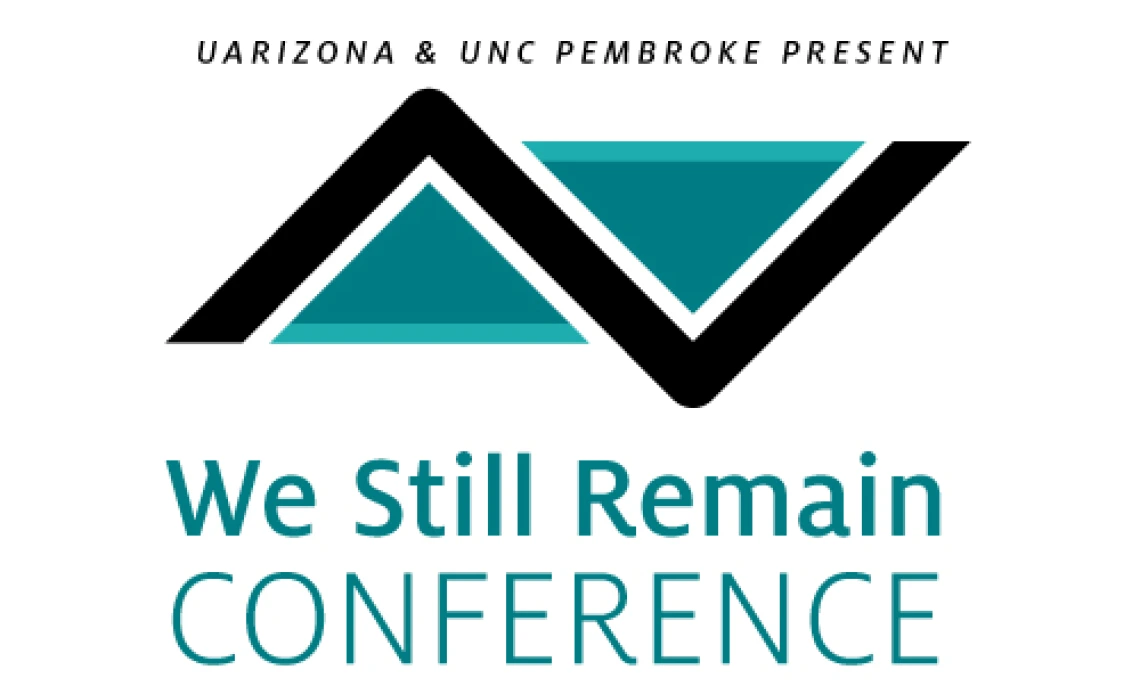We Still Remain: A Conference Toward the Promotion of Southeast Indigenous Research, Scholarship, and Collaboration

We Still Remain: A Conference Toward the Promotion of Southeast Indigenous Research, Scholarship, and Collaboration (WSRC), is a two-day virtual conference that will take place March 25th-26th. Indigenous and non-Indigenous students and scholars from education, social sciences, STEM, and humanities will gather to examine areas of tension in research that affect Southeast Indigenous communities. Danielle Hiraldo (Lumbee Tribe of North Carolina), Senior Researcher, Native Nations Institute at the University of Arizona, and Mary Ann Jacobs (Lumbee Tribe of North Carolina), Chair and Associate Professor, American Indian Studies Department at the University of North Carolina at Pembroke will partner to host this special event. We are pleased Hannah Goins (Lumbee Tribe of North Carolina), 2nd-year law student at the University of Arizona, will assist in coordinating the conference and developing outputs from the conference. This opportunity was made possible through the National Science Foundation (NSF) Dear Colleague Letter: Build and Broaden: Enabling New Social, Behavioral and Economic Science Collaborations with Minority-Serving Institutions (BCS-2037256).
Dr. Jacobs and Dr. Hiraldo see their research partnership as a way for two minority-serving institutions that have experience interacting with Native communities to highlight an Indigenous population that is often forgotten in Native studies.
“We see this as an opportunity to continue to meet NNI’s mission to be a resource for Indigenous communities; the community-driven approach of this conference serves as a way to build meaningful relationships with Indigenous Peoples in the Southeast. We’ve established a local host committee of experts and community leaders to guide the content development, programming, and evaluation of the conference.”
–Danielle Hiraldo
The conference will feature virtual interactive sessions which will bring forth deeper understanding of Southeast (SE) Indigenous Studies; encourage the research interests of underrepresented undergraduate and graduate students in SE Indigenous Peoples and communities; increase the knowledge of SE Indigenous Peoples and the research and education programming happening in their communities; and support early career and senior scholars in their research development.

